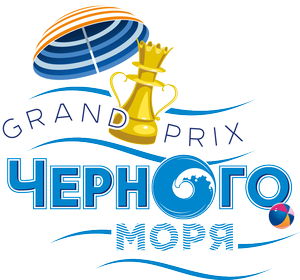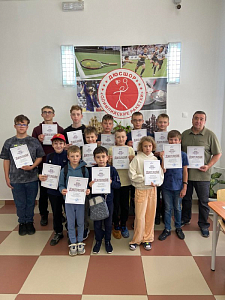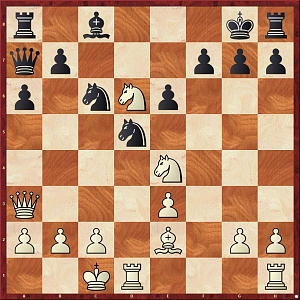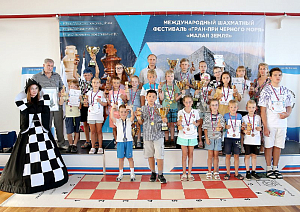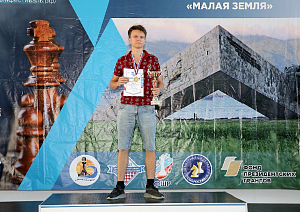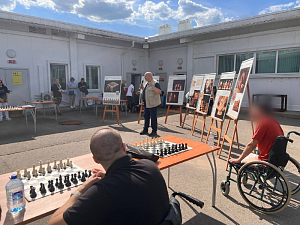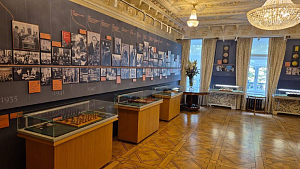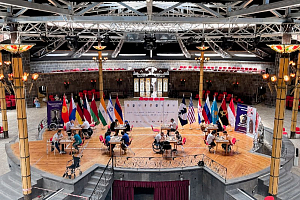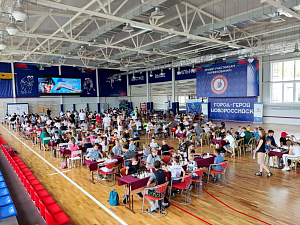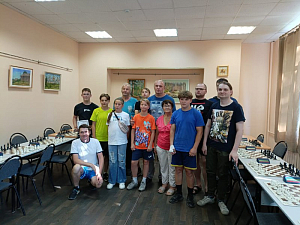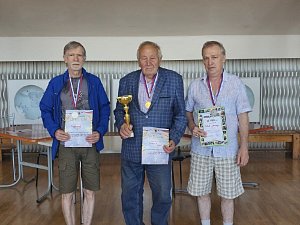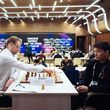Person of day - 9 MARCH 2024
ROBERT FISCHER
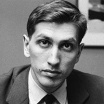
At the mere age of 13, the boy from Brooklyn had already become a national master and at 14 he won the adult US championship and the right to compete in the inter-zonal tournament of 1958. At the same time, Fischer left school and devoted himself to chess. Chess lovers in the Soviet Union found out about the emergence of a wunderkind across the ocean after reading Harold Norbert’s article “15 year-old Mozart of Chess” in the America Magazine.
Before the start of the inter-zonal, the wunderkind came to Moscow for two weeks, where he spent all of his time in the Central Chess Club playing blitz-matches against Muscovites. He learned Russian and followed Soviet literature. Fischer overcame the inter-zonal obstacle comfortably, splitting 5th-6th places. At the age of 15, he became the youngest grandmaster in chess history and made his debut at the candidates’ tournament.
The young grandmaster’s skill grew rapidly- he was already thinking about the match for the world championship against Botvinnik. But having won the inter-zonal tournament in Stockholm in spectacular fashion in 1962 (he overtook his opponent by 2,5 points), he stumbled at the candidates’ tournament in Curacao, where he only came fourth. Fischer complained about “Russian collusion” and stayed away from international tournaments for three years.
After returning to professional chess in 1965, he began his ascent to the summit. He had a big lead at the inter-zonal tournament in Sousse, but he quit the match under fictitious pretexts. In the next cycle, he got a grip on himself: one impressive victory followed another. In 1971, Fischer was phenomenally strong: he demonstrated spectacular preparation for debuts that was coupled with a thorough strategy, a precise calculation of variants, a filigreed technique and an unstoppable drive for battle. At the inter-zonal tournament, he won by 3,5 points and proceeded to thrash Taimanov and Larsen 6:0 at candidates’ matches. Victory against Petrosian was harder to come by- 6,5:2,5- but it set the American genius on the path to a match against Boris Spassky.
In Reykjavik in 1972, Fischer confidently defeated his opponent 12,5:8,5 and became the eleventh world champion. Alas, Robert Fischer’s career practically finished after this match. He refused to play a match against the new contender Anatoly Karpov after submitting unfulfillable demands to FIDE. Twenty years later, he played another match against Spassky, which was financed by an eccentric Yugoslav millionaire. Fischer won once again, but this was a different Fischer and different chess.
After the match, the former national hero of America could not return home- he faced a lengthy prison sentence. Fischer lived in different countries, from Hungary to the Philippines. He publicly welcomed the collapse of the Twin Towers, shocked many with an anti-Semitic interview and served in a Japanese before finally obtaining Icelandic citizenship and moving to Reykjavik. In this faraway city, where he won his greatest triumph, his life journey came to an end. He died in 17th January 2008.
The eleventh world champion left more than genius matches and a remarkable life story. He invented a new type of chess, which might replace traditional chess in the future and modern electronic clocks which are used everywhere and which carry his name.











